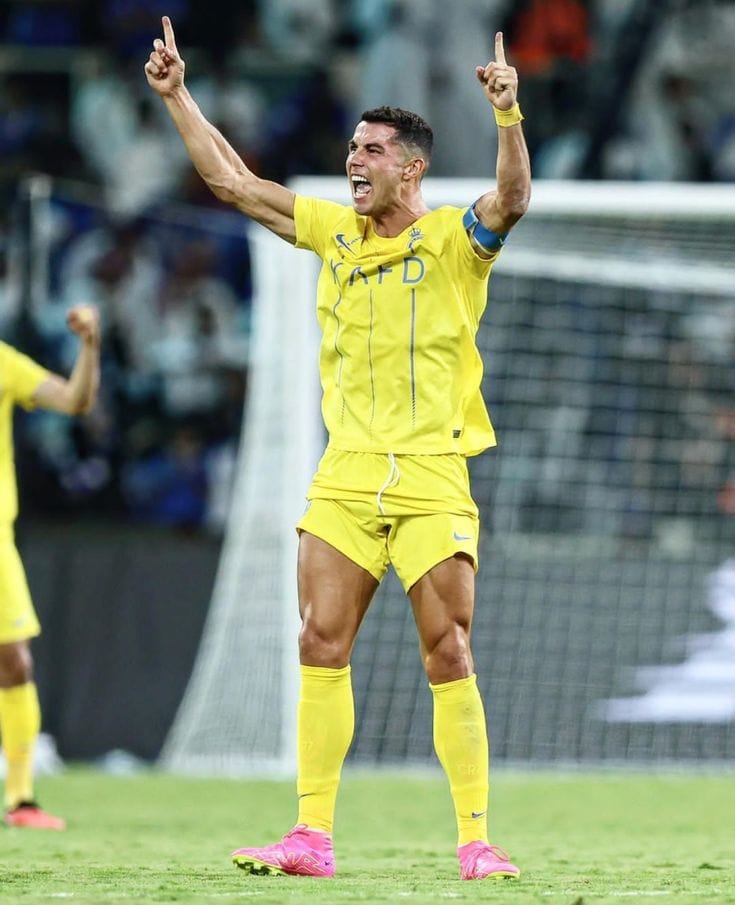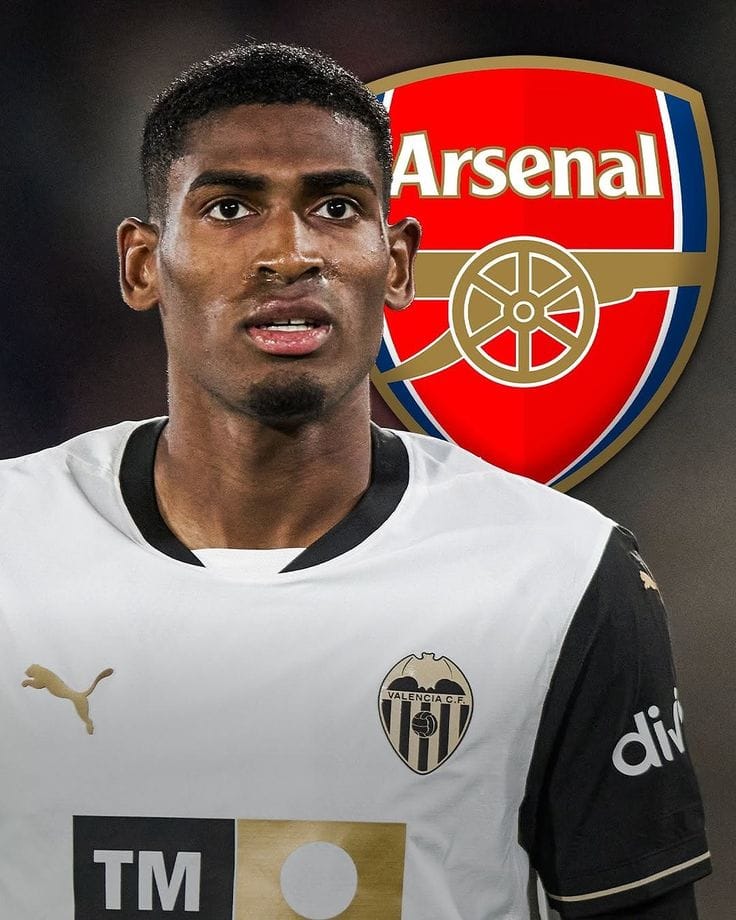Cristiano Ronaldo’s presence in yet another final, his fortieth in a glittering career, is more than a matter of statistics. It is a moment that bridges the humanities with sport, reminding us that football is not only about goals, trophies, and rivalries, but also about narratives of resilience, identity, and cultural memory. When Ronaldo takes the field for Al Nassr against Al Ahli in the Saudi Super Cup final, the event becomes a chapter in a larger human story that has unfolded for over two decades.

Ronaldo’s journey through finals embodies themes often studied in the humanities: perseverance, the pursuit of excellence, and the shaping of legacy. From his first European final with Manchester United to his Champions League triumphs with Real Madrid, his career reflects the archetypal hero’s path—moments of triumph, setbacks, reinvention, and a refusal to fade quietly. To stand in his 40th final at the age of 40, Ronaldo illustrates how the human spirit resists the limitations of time, rewriting what we expect from athletes in their later years.
The symbolism of this final extends beyond Ronaldo himself. Al Nassr’s rise in Saudi football is intertwined with the nation’s cultural ambitions. Hosting the Super Cup final in Hong Kong speaks to the globalization of the game—football as a universal language, capable of uniting fans from Lisbon to Riyadh, Madrid to Macau. In this sense, Ronaldo is not only an athlete but also a cultural emissary, carrying with him the weight of international attention and the myths built around his persona.
Humanities also teaches us to reflect on the spectators’ experience. For many fans, seeing Ronaldo step out for his 40th final evokes nostalgia, a reminder of their own personal histories tied to his career—watching his first goals, staying awake for Champions League nights, or debating his rivalry with Lionel Messi. The humanities perspective insists that such memories are not trivial; they are shared cultural moments that form part of collective identity.
Whether or not Ronaldo secures another trophy, this final illustrates a deeper truth: sport, like art or literature, provides us with stories that resonate across generations. Ronaldo’s 40th final is more than a match. It is a living testament to endurance, ambition, and the timeless human desire to leave a mark that endures beyond the final whistle.
















